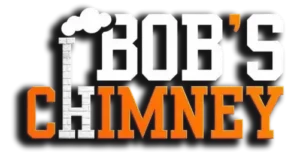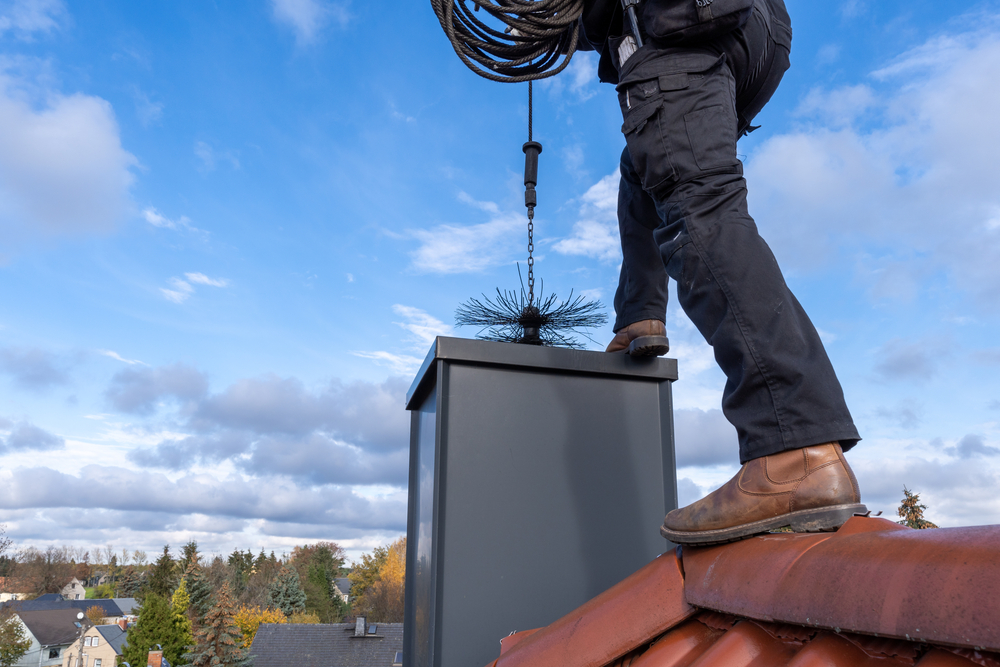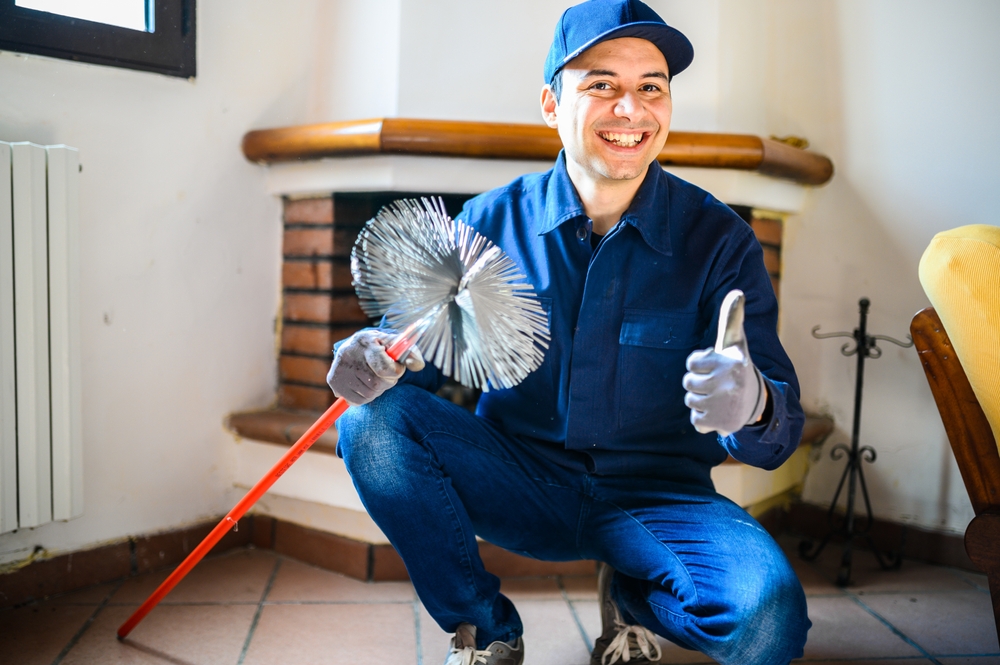How Often Should You Clean Your Chimney? Massachusetts Homeowner’s Guide
Most Massachusetts homeowners call us with the same question: How often should I clean my chimney? The answer varies for each home. Your cleaning schedule depends on how often you use your fireplace, the type of fuel you burn, and several other factors that we regularly see in homes across our state. We’ve serviced chimneys throughout Massachusetts since 2014, providing us with insight into how local conditions affect your system differently than those in warmer climates. Our freeze-thaw cycles, heavy rains, and extended heating seasons create specific challenges that directly impact how often you need cleaning. Standard Cleaning Frequency for Massachusetts Homes The National Fire Protection Association recommends annual chimney inspections for all residential properties. However, cleaning frequency depends on your specific usage patterns and system type. Wood-burning fireplaces require the most frequent attention. If you burn wood regularly during the winter months, schedule cleaning at least once yearly. Heavy users who burn more than three cords of wood annually typically require cleaning twice a year. Gas fireplaces require annual inspection and cleaning, despite many homeowners believing that gas burns completely clean. These systems still collect debris, bird nests, and moisture that can create serious problems. Pellet stoves typically require cleaning every ton of pellets burned. Most homeowners burn two to three tons per heating season, meaning multiple cleanings become necessary. We recommend scheduling your chimney cleaning service for late summer or early fall, before the regular fireplace use begins. Factors That Determine Your Cleaning Schedule Your usage patterns matter more than general recommendations. We evaluate several factors when advising homeowners about their specific cleaning needs. Wood type affects the buildup significantly. Burning softwoods, such as pine, creates more creosote accumulation than hardwoods like oak or maple. Green or wet wood produces substantially more residue and requires more frequent professional attention. Usage frequency directly impacts cleaning requirements. Weekend-only users might extend cleaning intervals to every 18 months, while daily winter users need annual or semi-annual service. Chimney condition influences accumulation rates. Older chimneys with rough interior surfaces collect residue faster than smooth, newer liners. Damaged chimneys with cracks or gaps require more frequent monitoring. Massachusetts weather patterns create additional complications. Our humid summers can cause moisture problems, while winter freeze-thaw cycles damage masonry and create new entry points for water and wildlife. Warning Signs That Signal Immediate Cleaning Needs Don’t wait for your scheduled cleaning if you notice these warning indicators. We respond to emergency calls throughout Massachusetts when homeowners spot these red flags. White staining on exterior bricks indicates water penetration and the accumulation of mineral deposits. This efflorescence indicates that your chimney absorbs moisture, which can lead to freeze damage in our climate. Strong odors from your fireplace, especially during humid weather, signal creosote buildup or moisture problems. These smells intensify in summer when humidity draws odors from your chimney system. Animals or birds in your chimney create immediate fire hazards. Nests block proper ventilation and can ignite during use. We provide animal removal and chimney cap installation to prevent future invasions. Rust on your damper or firebox indicates a water leak that requires immediate professional attention. Water damage spreads rapidly and can lead to expensive repairs if left unaddressed. Best Timing for Massachusetts Homeowners Proper timing for your chimney cleaning saves money and prevents problems during peak usage months. Late summer cleaning prepares your system for the heating season. August and September appointments ensure your chimney functions properly when temperatures drop. This timing also allows time for any needed repairs before winter weather arrives. Spring cleaning is particularly effective if you use your fireplace frequently throughout the winter. April and May cleaning removes all accumulated buildup and identifies any damage from freeze-thaw cycles. Avoid winter cleaning unless necessary. Cold weather makes roof access hazardous, and you should refrain from using your fireplace for 24 hours after professional cleaning. We schedule most Massachusetts homeowners during our busy fall season, but spring appointments often offer better availability and competitive pricing. Professional Service vs. DIY Attempts Chimney cleaning requires specialized equipment, safety gear, and knowledge of current building codes and regulations. We regularly see homeowners attempt DIY cleaning, but the results often create more problems than they solve. Safety concerns top our list of reasons to hire certified professionals. Roof access during Massachusetts weather conditions poses serious risks. We carry comprehensive insurance and use proper safety equipment for all elevated work. Specialized equipment includes industrial vacuums, professional brushes, and video inspection cameras. These tools cost thousands of dollars and require extensive training to use effectively. Code compliance matters for insurance coverage and family safety. We are familiar with Massachusetts building codes and ensure that all work meets current regulatory standards. Inspection during cleaning identifies problems before they become expensive repairs. Our certified technicians spot developing issues that untrained individuals typically miss. Hire Us Today Regular chimney cleaning protects your investment and keeps your family safe from fire hazards and carbon monoxide exposure. Following a proper maintenance schedule based on your specific usage patterns, local climate conditions, and system type ensures optimal performance throughout Massachusetts winters. Contact Bob’s Chimney today to schedule your home’s professional chimney cleaning and comprehensive safety inspection.
How Often Should You Clean Your Chimney? Massachusetts Homeowner’s Guide Read More »


